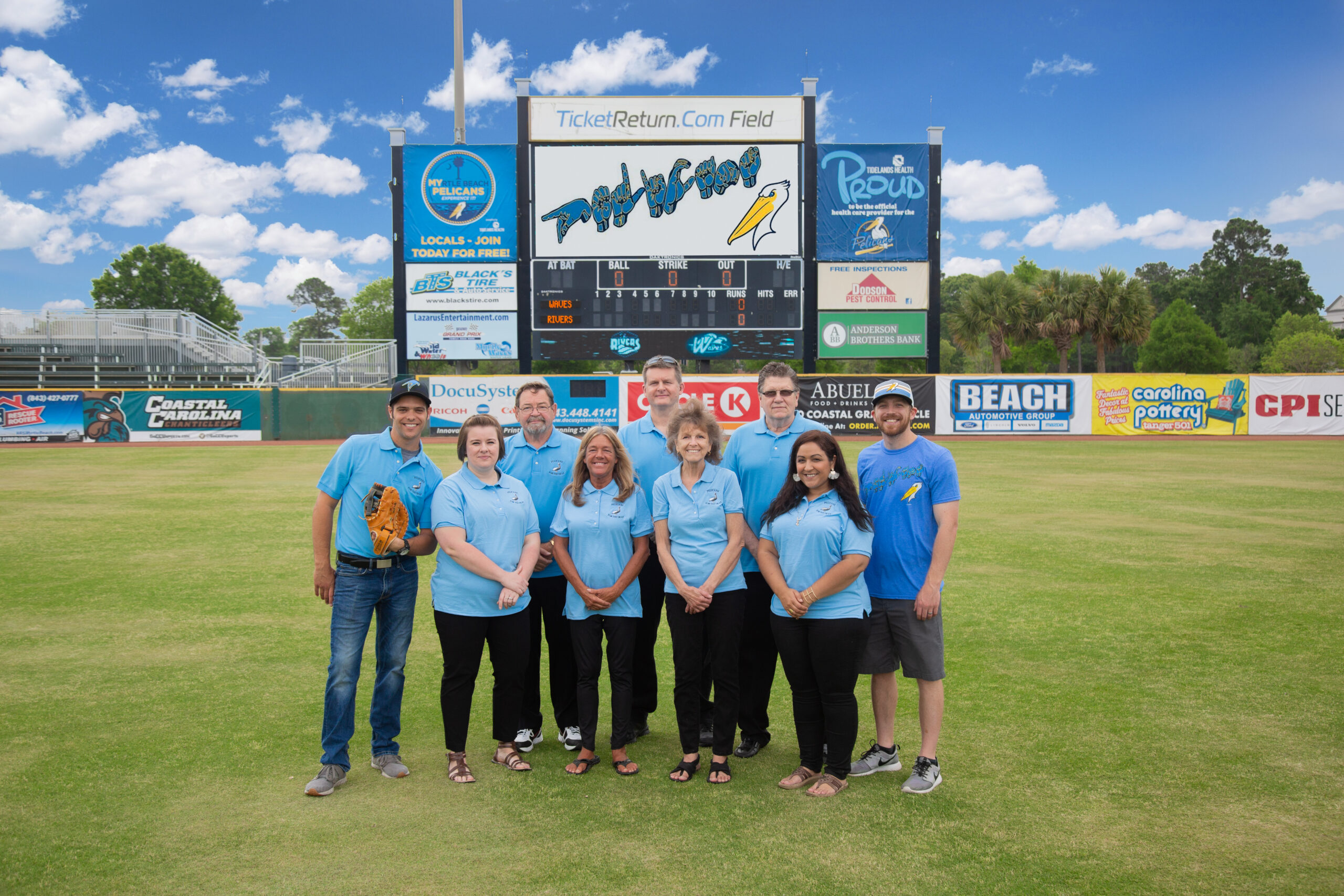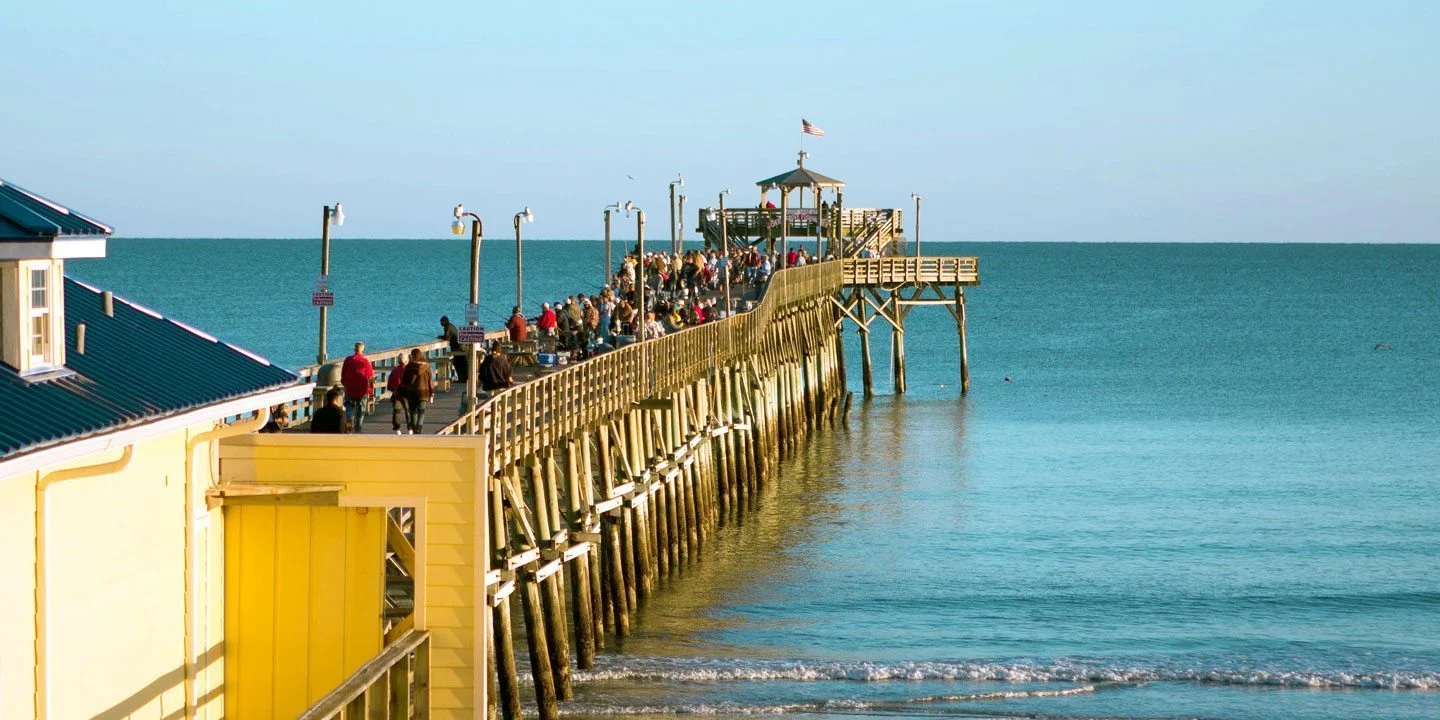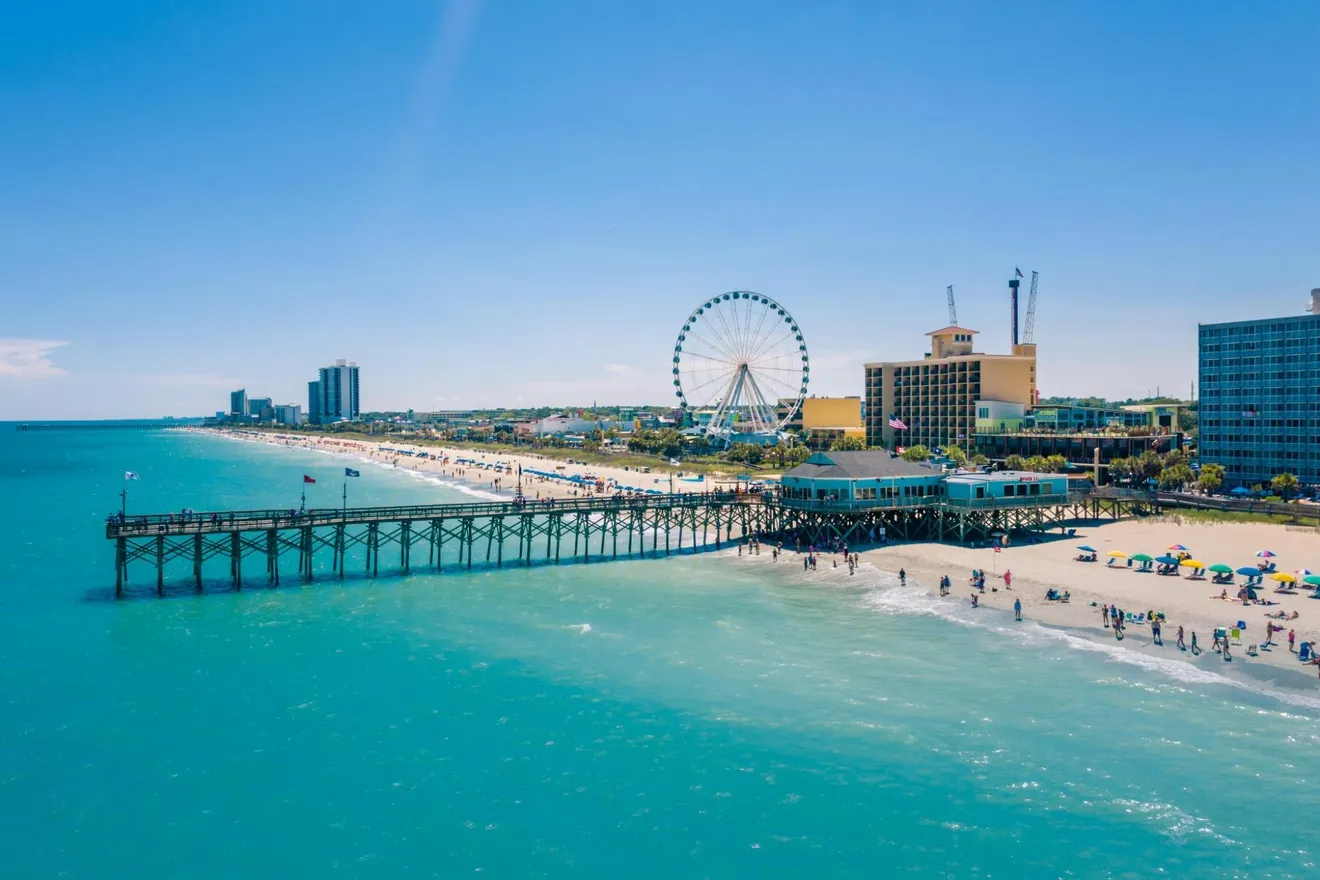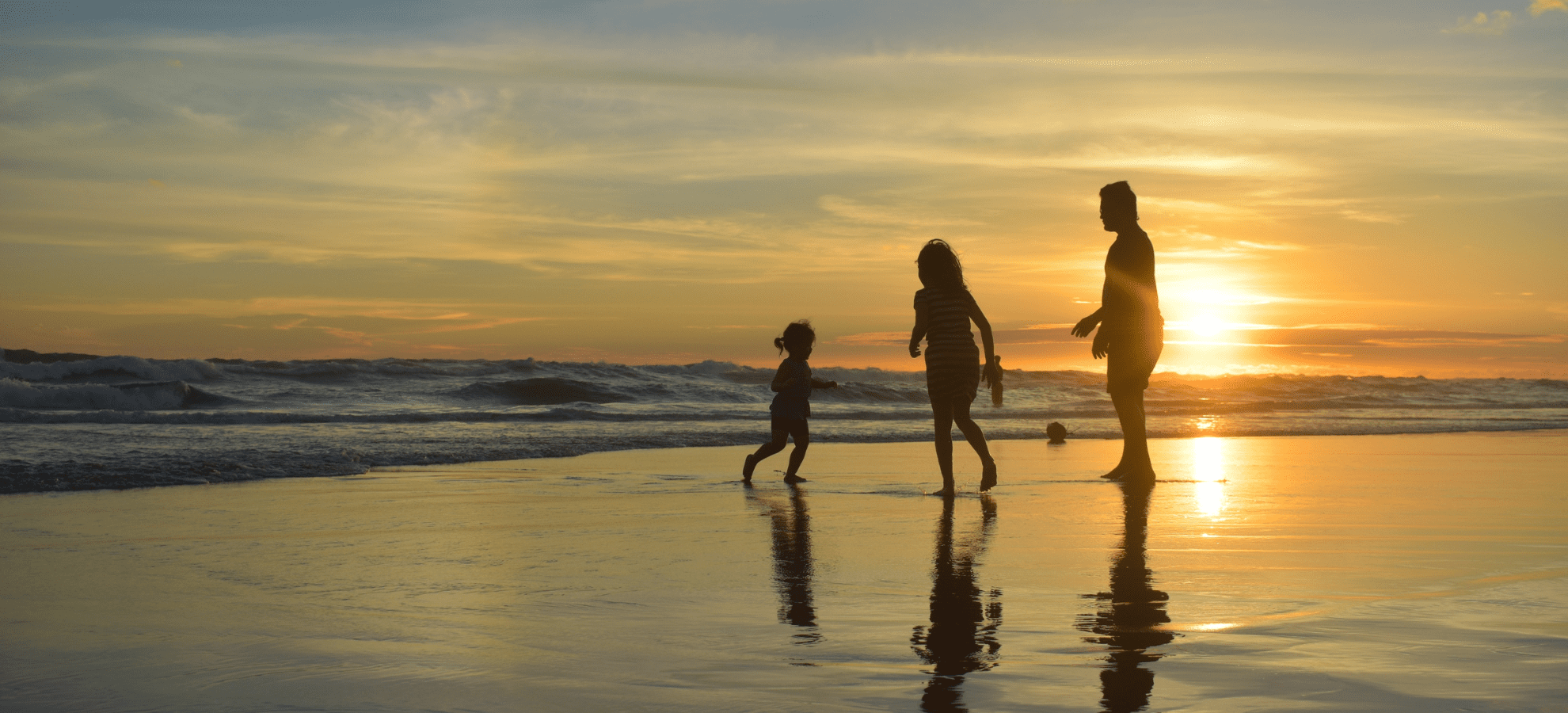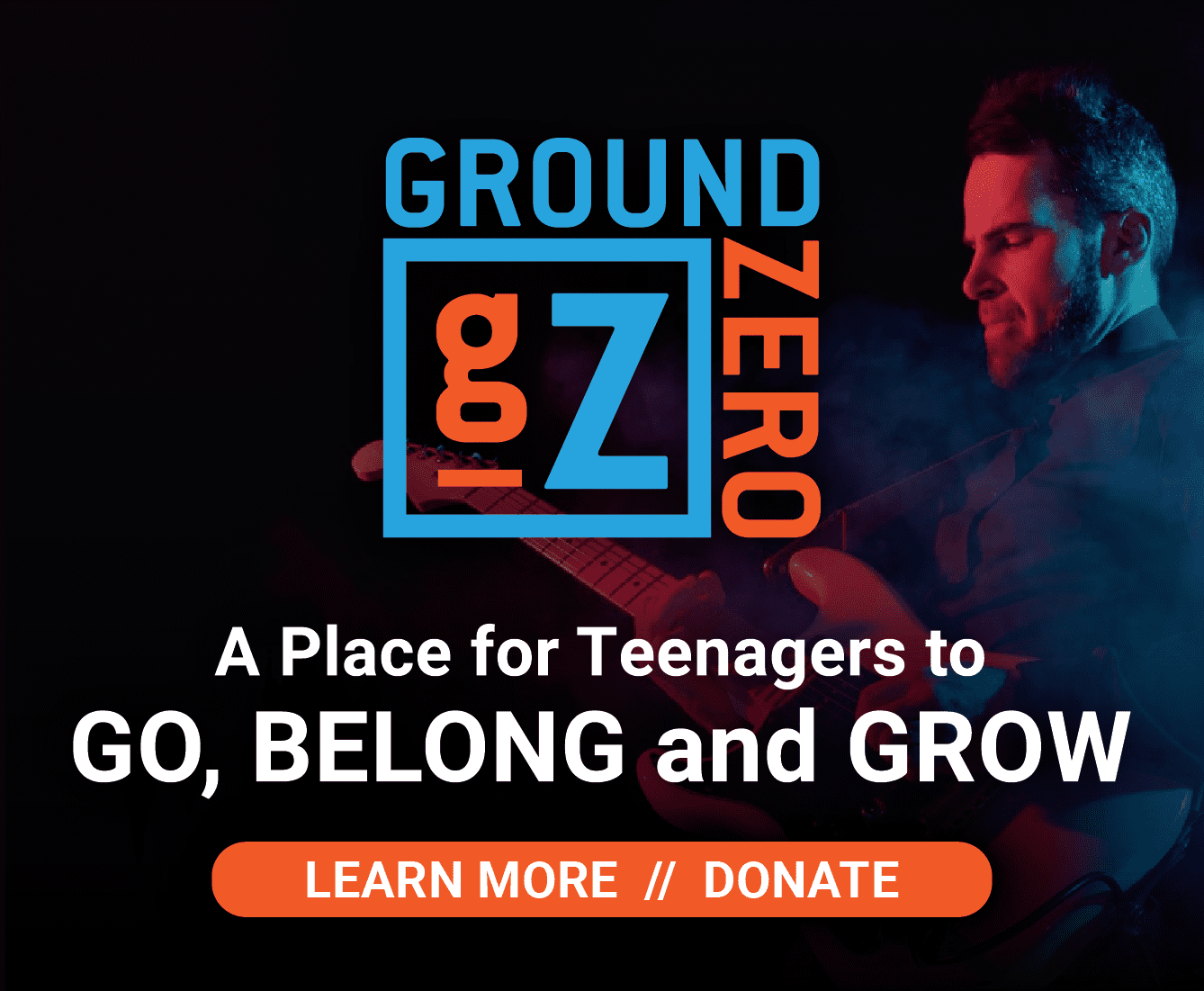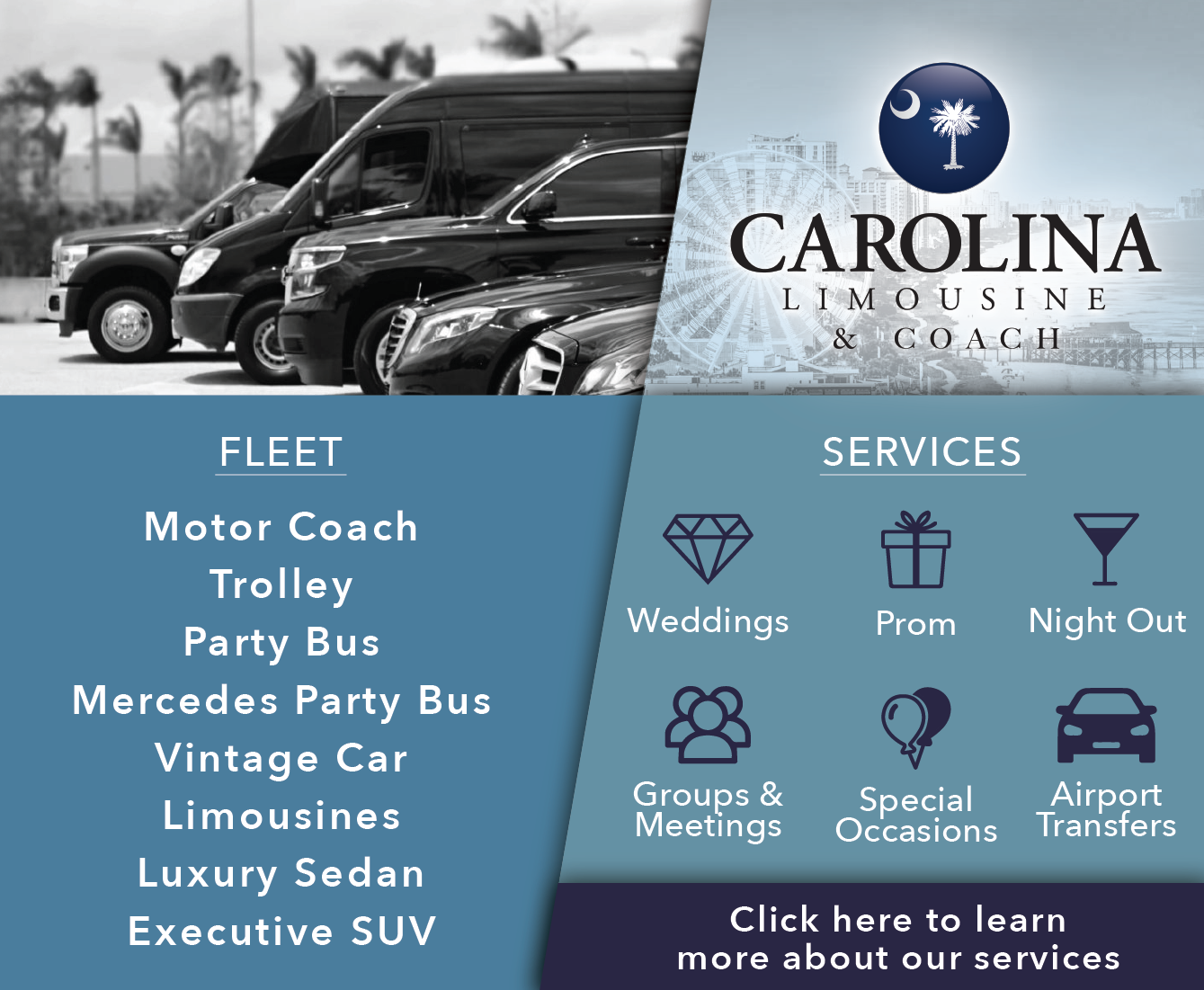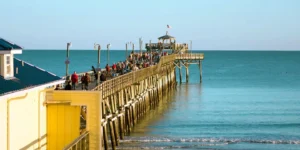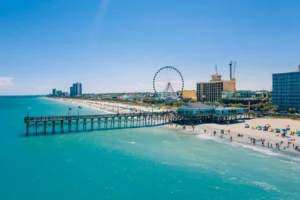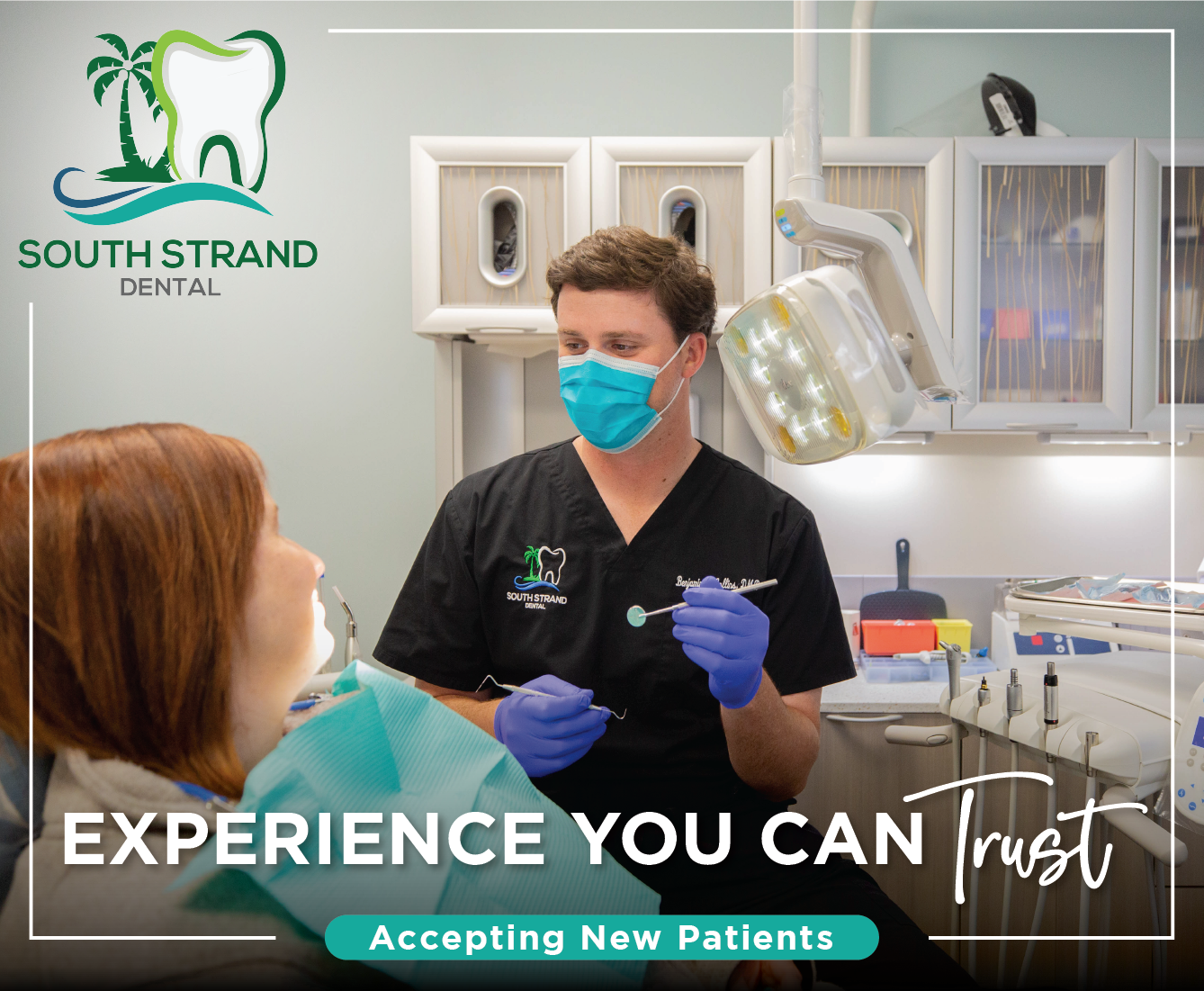Welcoming the Deaf In Our Community With a Baseball Fundraiser
by Melissa LaScaleia
Michael Sokolik began the non-profit organization, Beach Society For the Deaf, now The Pelicans For the Deaf, in 2018. It began as a way to build greater awareness of the existence of deaf people in the Myrtle Beach community and to help foster greater inclusion for them. Michael’s inspiration was his daughter, Gracelyn, who at the age of two, was diagnosed deaf in one ear and hard of hearing in the other.
“Our overall function is to get people involved in the Deaf community by learning sign language,” he says.
Brooke Lipat and Amy Herrera were early supporters of the cause, and instrumental in the non-profit’s creation.
“People see the Deaf community in social media and the news, but most of the time don’t come in contact with deaf people personally,” says Brooke, who works in the education field with deaf and hard of hearing students.
“We want to bridge that gap and educate the community on how to interact with the deaf. It comes down to learning basic communication skills, or, in the absence of sign language, other methods. When people don’t understand how to communicate, they become intimidated and may, in response, ignore deaf people.”
For Brooke, education is primary, with networking coming in as a close second in importance.
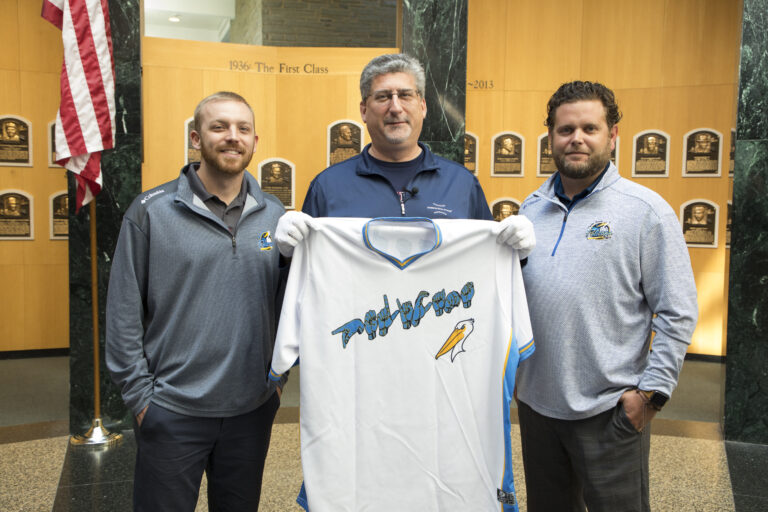
“I teach an ASL class, but even my students don’t know how to reach out to the Deaf community at large. They want to be involved, but they’re not sure how. You really notice, especially in this area, that there isn’t a lot of connection between the Deaf and hearing communities— and that’s what our aim is. To be a presence here and show people what they can do to reach out and connect.”
The biggest problem that Brooke has noticed is when deaf people visit medical or public facilities where they are entitled to an interpreter, they often are not provided with adequate interpreting services.
“There are many deaf people in the area that are underserved or not aware of their rights, and it would help to have more people advocate on their behalf,” she says.
Brooke has a background in education, and six years ago, was looking to transition into a different field. She began taking sign language classes, and was introduced to her now husband and the larger Deaf community through her teacher.
“The Deaf community is there and they may be a minority population,” Brooke says, “but they want to be informed and make human connections just like anybody else. That’s what we’re hoping to do.”
Amy is a teacher for the deaf (TOD), and also teaches ASL at Horry Technical College. She helps Michael to set up interpreters through his non-profit, and as she is deaf, consults with him about Deaf culture to facilitate better accommodation for deaf people.
Amy’s daughter is the current Miss Summerville Teen from the Miss America organization. Several years ago she came up with the idea to promote deaf awareness— championing the belief that deaf people can do anything. Her platform is: Hands Can Talk. She is also fundraising for deaf children in our county to procure them scholarships to summer camps so that they can interact with their peers.

“A lot of deaf people are isolated from the community, myself included,” Amy says. “But deaf people can be successful.”
Amy was excited when Michael approached her two years ago about the possibility of a Pelican’s Fundraiser Baseball game in Myrtle Beach. The 2018 game was such a big hit when it was held, that it was put in the Baseball Hall of Fame in Cooperstown, NY for being a legendary event. Since that event took place, she has noticed her ASL class has significantly increased in size.
Jim Fleming is the current president of The Pelicans For the Deaf. When he moved to Myrtle Beach several years ago, he was astonished that there were no deaf activities here. As a deaf person, Jim helped establish the Chicago branch of the National Racquetball Association for the Deaf which he was involved with for twenty-five years, acting as president for tournaments, and fulfilling the role of chairperson four times.
When Jim met Michael, the two immediately began collaborating about implementing a myriad of deaf activities. Jim was eager to help out, and years later, continues to be a motivational driving force, getting people involved.
“People all over the area really look forward to these events,” he says.
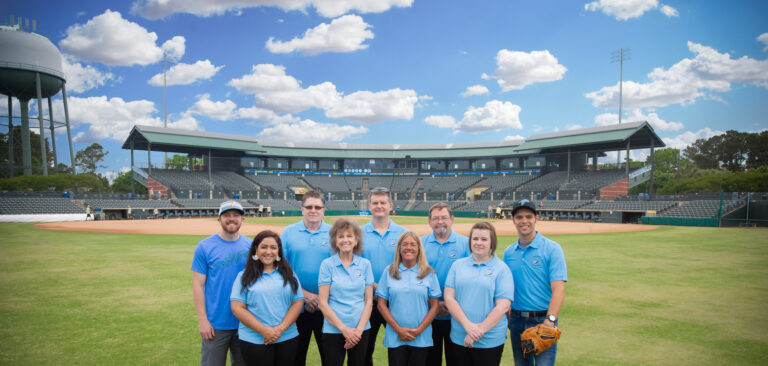
Jim is currently looking at securing access planning for a Deaf Health EXPO and Christmas parties, as well as life exposure opportunities in general.
“It’s moving to see the emotion deaf people have from these interactions,” he says. “A lot of deaf people have very little interaction with other deaf people until they come to these activities. I facilitated meetings like this in Illinois, and it made a big impact on people. That’s something I’d like to do in Myrtle Beach.
“My goal for this whole program, is that we as a society, make sure that deaf people have access to experiences and the potential to living a fulfilled life. Yes, you’re a deaf person in a hearing world, and sometimes it’s difficult. Many feel like they will never match up. But I want teens to grow up knowing that they have peers like them. Sometimes these children grow up in a family with no sign language skills. Setting a program up like this can give families the gift of communication with one another.
“Without that ability from a young age, it can separate and isolate children more and more as the years go on. I want people to have communication and connection, and I don’t know if that can happen without setting something like this up. I don’t want deaf individuals to grow up and feel they can’t live in a hearing world being deaf. I want them to know they can improve and get work and an education. I didn’t grow up in this state but thought: ‘you know what, let’s do this.’”






